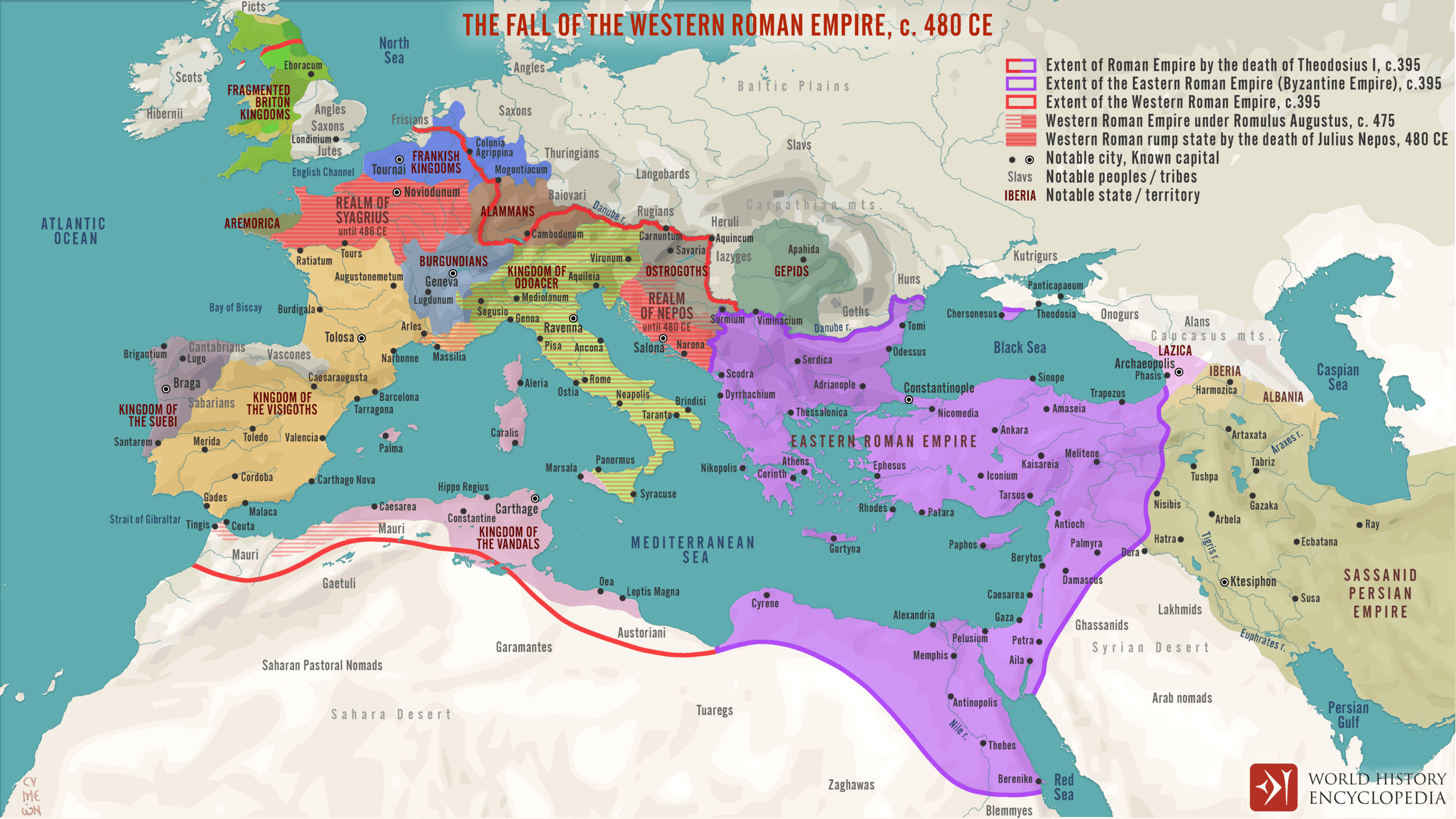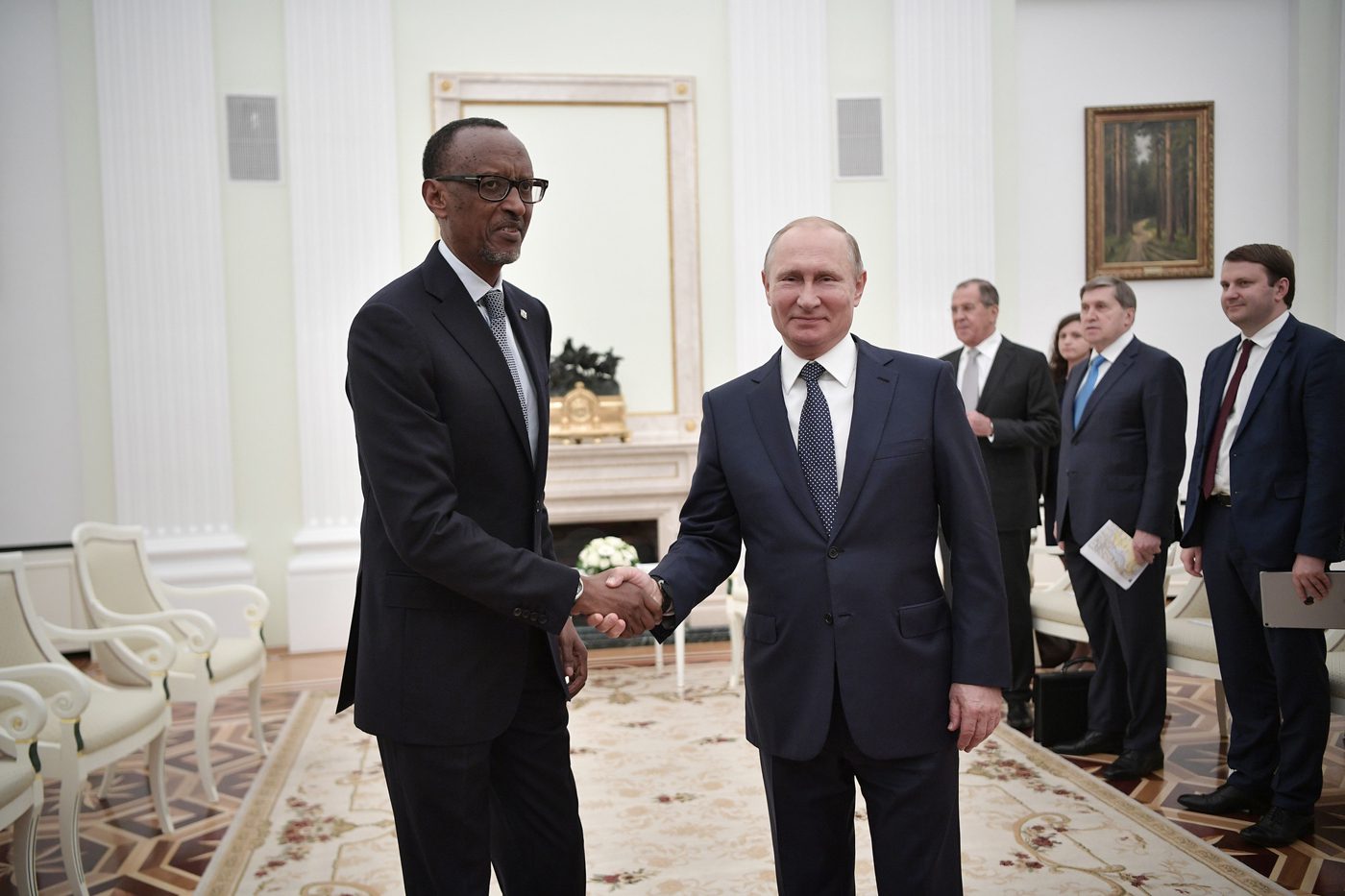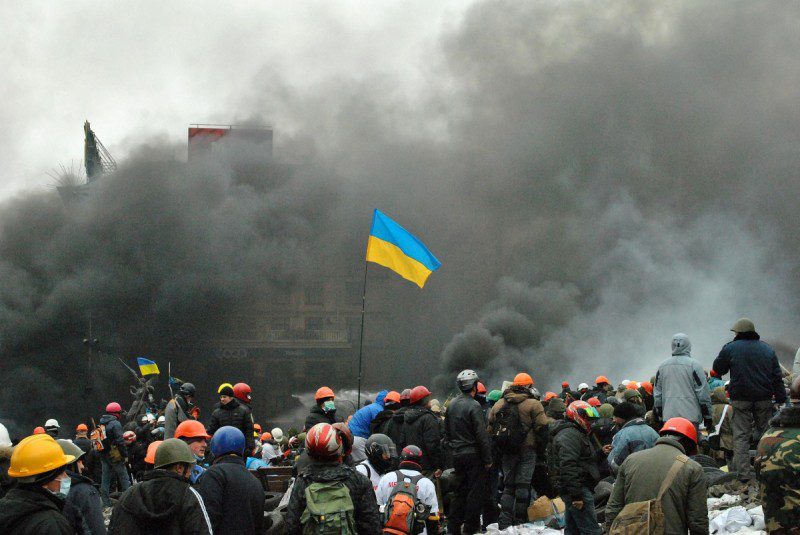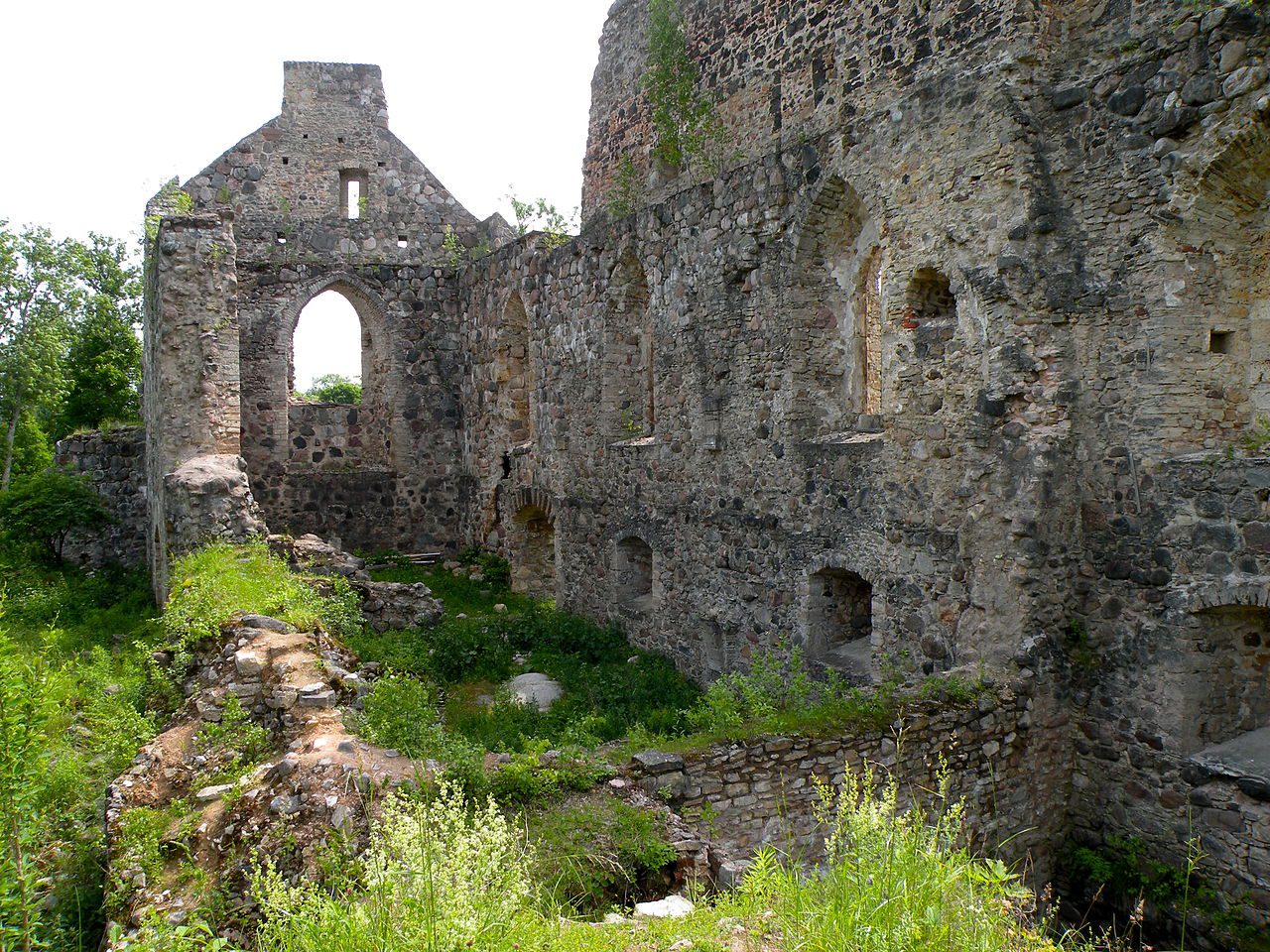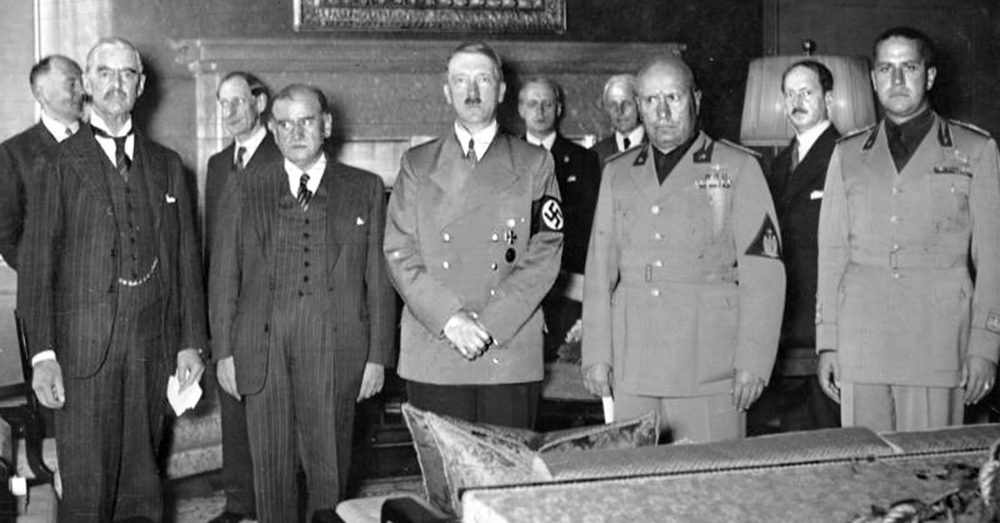
Ukraine isn’t invited to its own peace talks. History is full of such examples – and the results are devastating
Reading time: 7 minutes
Ukraine has not been invited to a key meeting between American and Russian officials in Saudi Arabia this week to decide what peace in the country might look like.
Ukrainian President Volodymyr Zelensky said Ukraine will “never accept” any decisions in talks without its participation to end Russia’s three-year war in the country.
A decision to negotiate the sovereignty of Ukrainians without them – as well as US President Donald Trump’s blatantly extortionate attempt to claim half of Ukraine’s rare mineral wealth as the price for ongoing US support – reveals a lot about how Trump sees Ukraine and Europe.
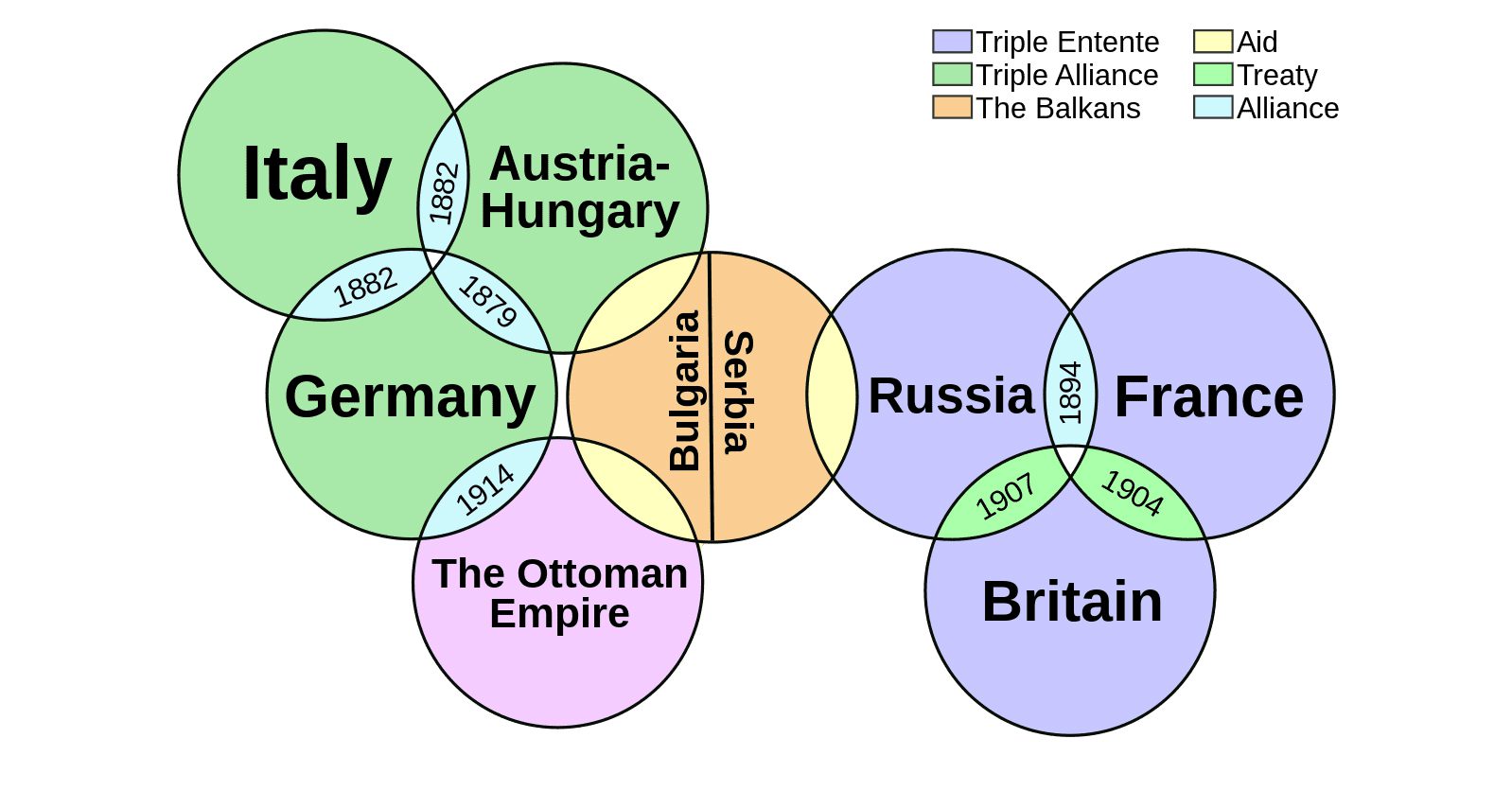
The debate on the origins of the First World War
Reading time: 5 minutes
The way historians have viewed the causes of WWI has changed in the hundred years since war broke out. This article explores the origins of the Great War.
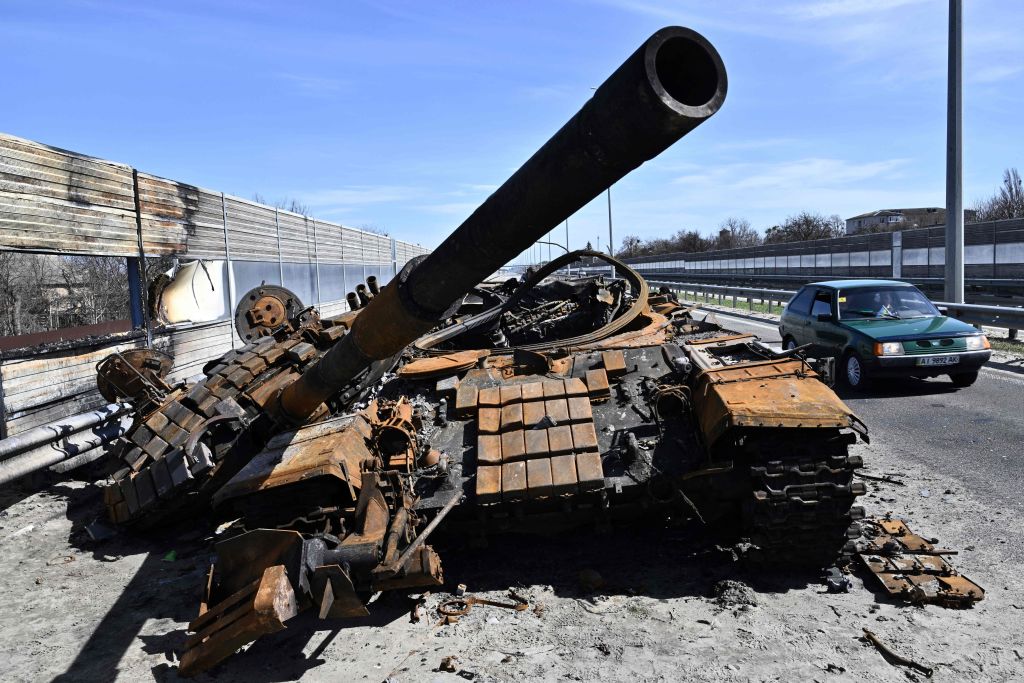
Putin’s failure to learn from history has led to Russian quagmire in Ukraine
Reading time: 4 minutes
As the Russo-Ukraine conflict continues with no resolution in sight, we are painfully reminded of not only the horror of war, but also how often major powers’ interventionism, for whatever objective, hasn’t paid off. These powers have repeatedly failed to learn from the futility of their past adventures to avoid future ones. Counterproductivity has often become the hallmark of their efforts.
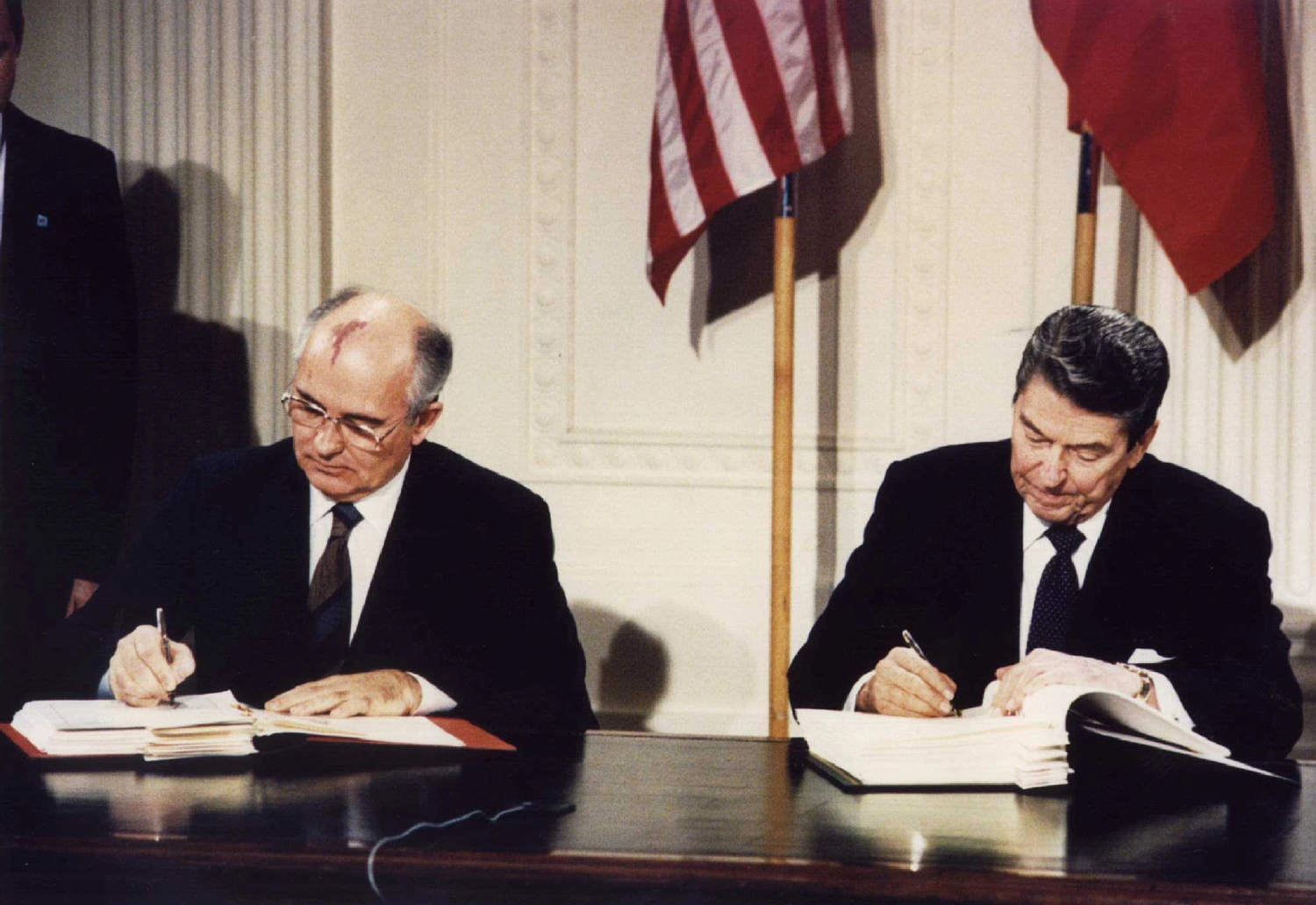
Ukraine war: how Gorbachev’s 1987 INF missile treaty has limited the arsenal available to Putin
Reading time: 4 minutes
Thanks to the final Soviet leader Mikhail Gorbachev, who has died aged 91, a disarmament treaty has denied Vladimir Putin thousands more missiles which he could have ordered to be used against Ukraine. Russian forces attacking Ukraine have not been able to use land-based missiles with ranges of between 500km and 5,500km because this entire category of weapons was scrapped under the 1987 Intermediate-Range Nuclear Forces (INF) Treaty, which the former Soviet leader was instrumental in establishing.
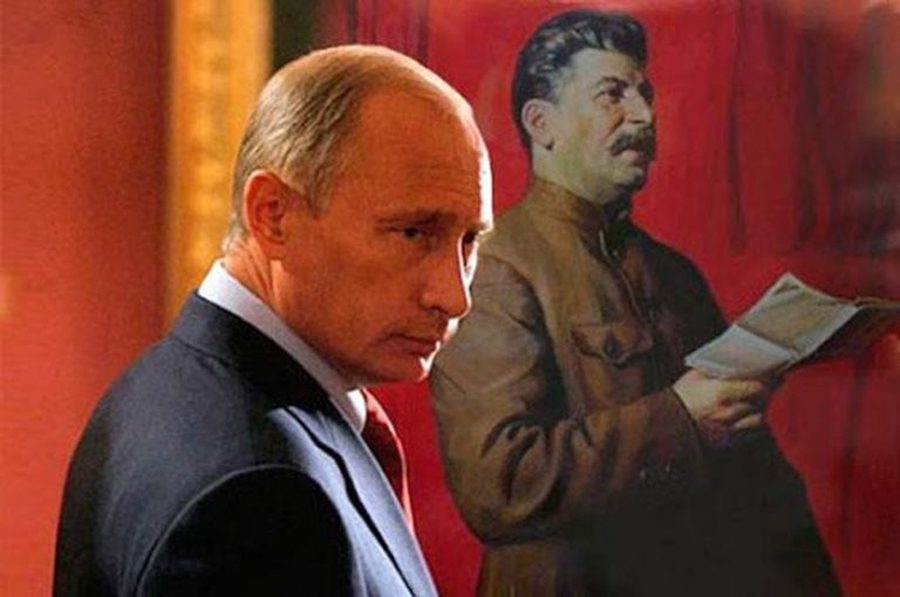
PUTIN’S PAST: The Return of Ideological History and the Strongman
Reading time: 8 minutes
From Russian Constitutional Court chairman Valery Zorkin, to former Russian culture minister Vladimir Medinsky, to presidential adviser Yuri Kovlachuk, amateur history is everywhere in the Russian government today. This is not an accident but a deliberate way to build official state ideology in Russia. For instance, in a recent interview discussing Russia’s invasion of Ukraine, the deputy secretary of the Russian Security Council, Oleg Khramov, said that the West is trying “to stop the course of history” by “blinding” many Ukrainians to the historical truth of their shared civilizational identity with Russia.
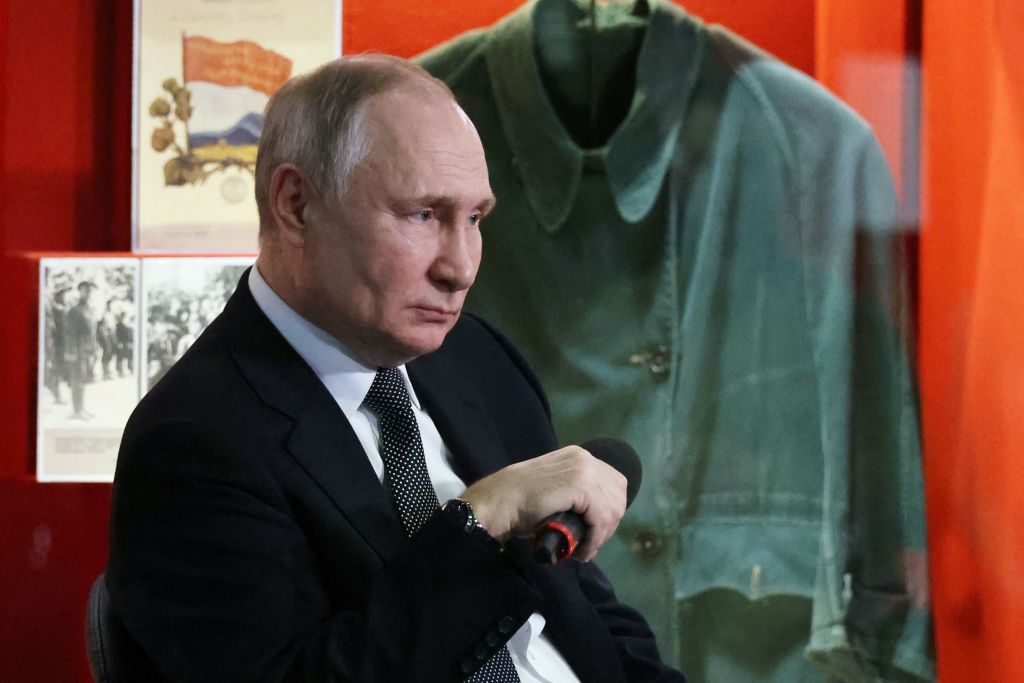
The absurd irony of Putin’s invocation of Stalingrad
Reading time: 5 minutes
Russian President Vladimir Putin’s address in Volgograd on 2 February, in which he sought to draw moral parallels between the heroic Soviet defence of Stalingrad in World War II and the current Russian invasion of Ukraine, represents a new low for Kremlin propaganda.
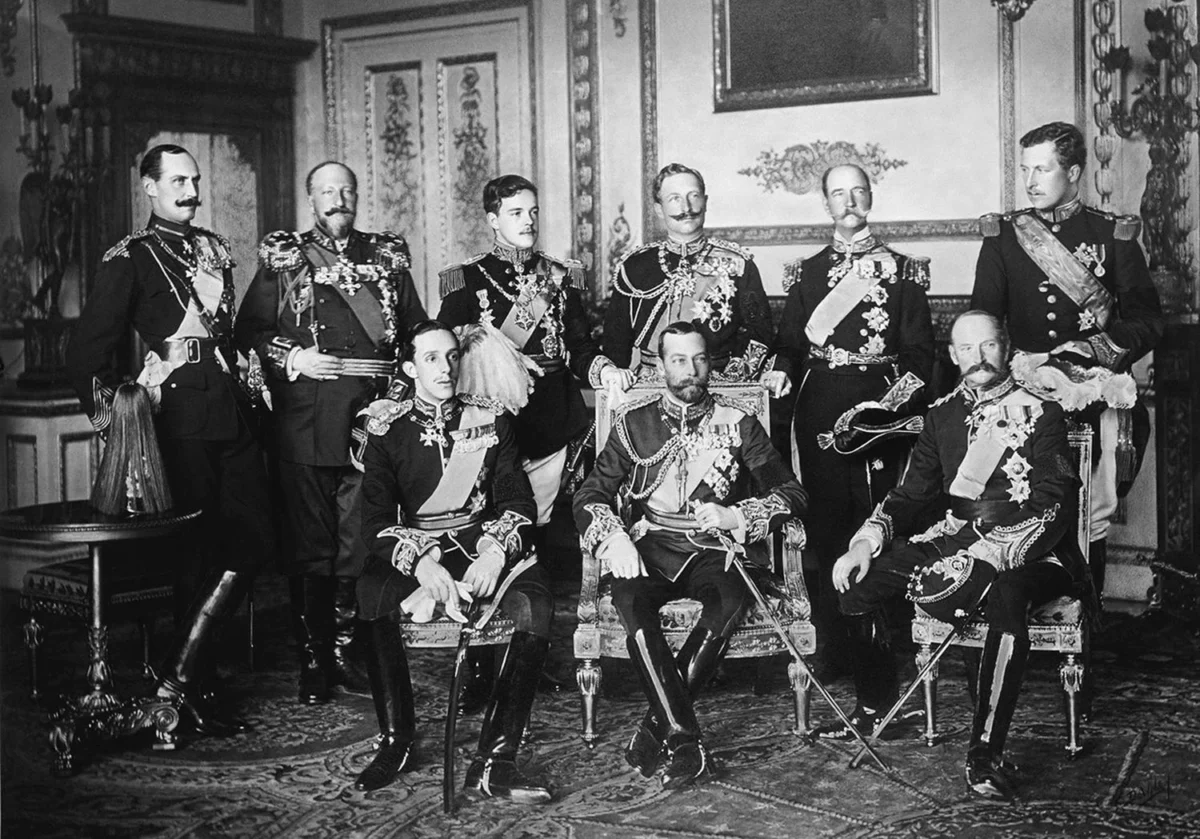
The debate on the origins of the First World War
Reading time: 5 minutes
The way historians have viewed the causes of WWI has changed in the hundred years since war broke out. This article explores the origins of the Great War.
How could the death of one man, Archduke Franz Ferdinand, who was assassinated on 28 June 1914, lead to the deaths of millions in a war of unprecedented scale and ferocity? This is the question at the heart of the debate on the origins of the First World War. Finding the answer to this question has exercised historians for 100 years.
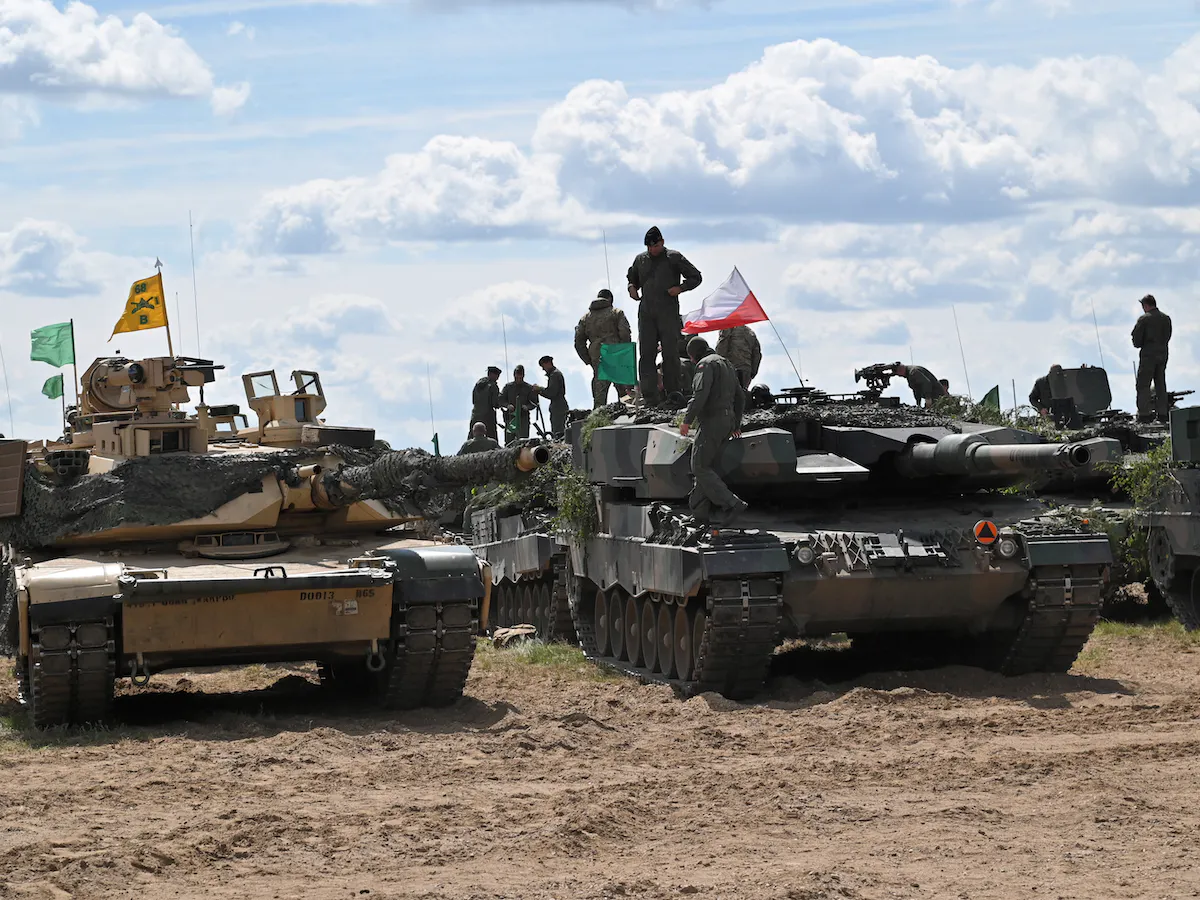
Ukraine: why supply of US and German tanks echoes cold war
Reading time: 5 minutes
The export of German and US tanks to Ukraine is not without risk, both real and symbolic. In purely military terms, well-trained, well-led and motivated Ukrainian tank crews operating the Leopard 2 or M1 Abrams will be better protected, have better firepower and be more manoeuvrable than their Russian counterparts. Provided the Ukrainians can cope with the fact that they will need different ammunition, spare parts and possibly fuel they can make a difference, significantly enhancing Ukraine’s capability to defend its territory.
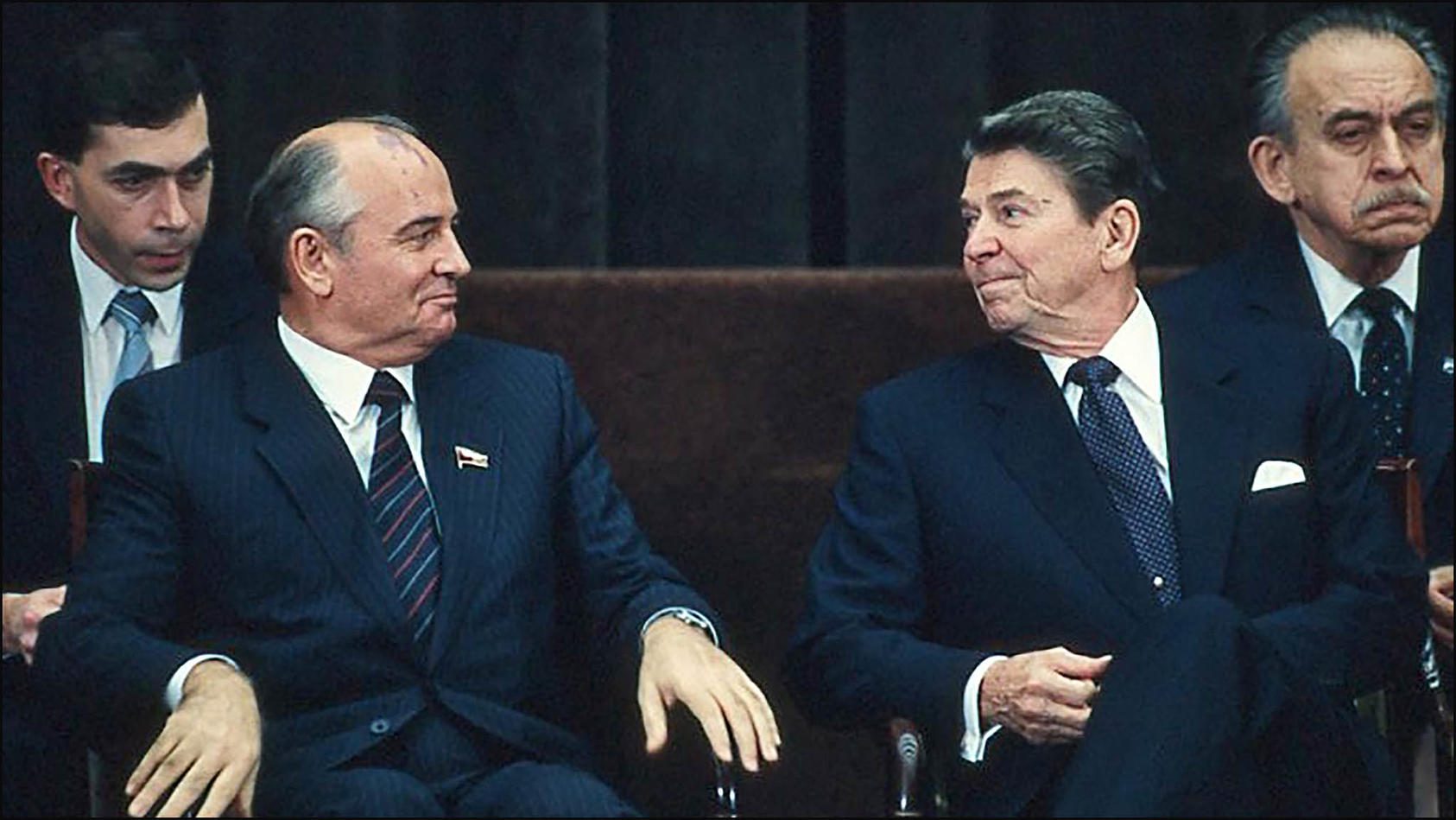
Why Gorbachev’s legacy still threatens Putin
Reading time: 5 minutes
Little remains of the legacy of Mikhail Gorbachev, the last Soviet leader and one of the greatest reformers in Russian history.
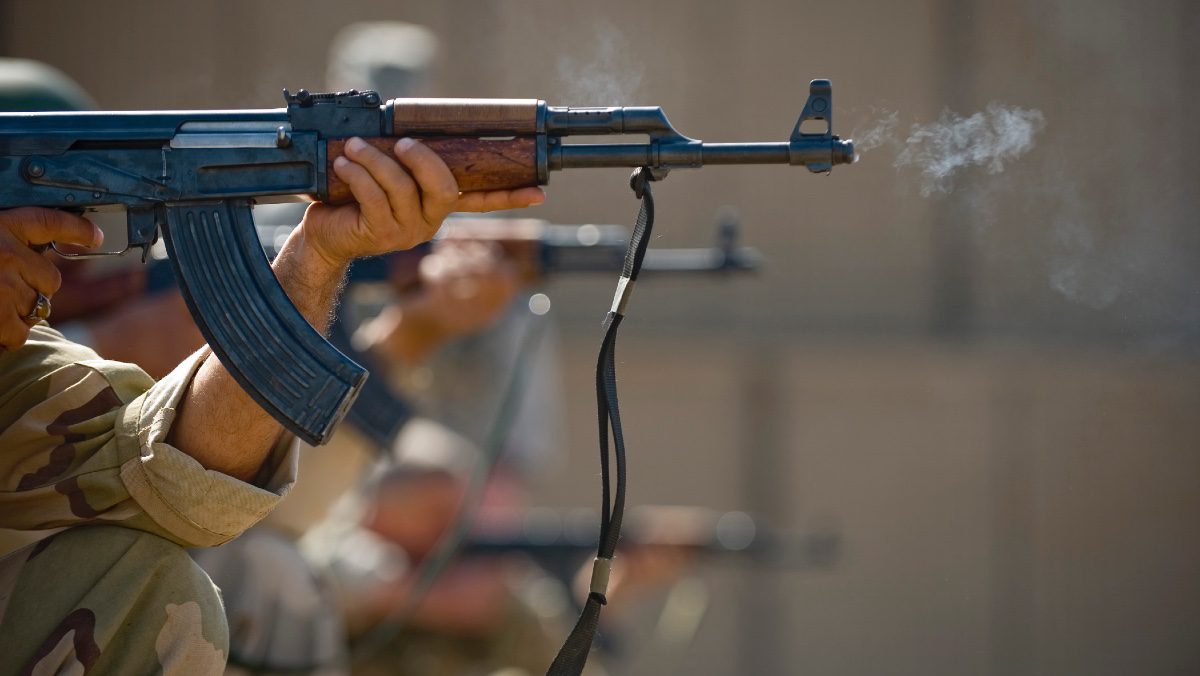
The Story of the AK-47: The World’s Most Famous and Deadliest Rifle
Reading time: 7 minutes
The AK-47 is perhaps one of the most recognizable automatic rifles in the world. This simple gun, produced by Mikhail Kalashnikov, was initially intended to replace the somewhat ineffective weapons carried by Soviet forces. However, it quickly became the weapon of choice during most conflicts following the Second World War. But, how did this weapon become the most famous and deadliest rifle in the world?
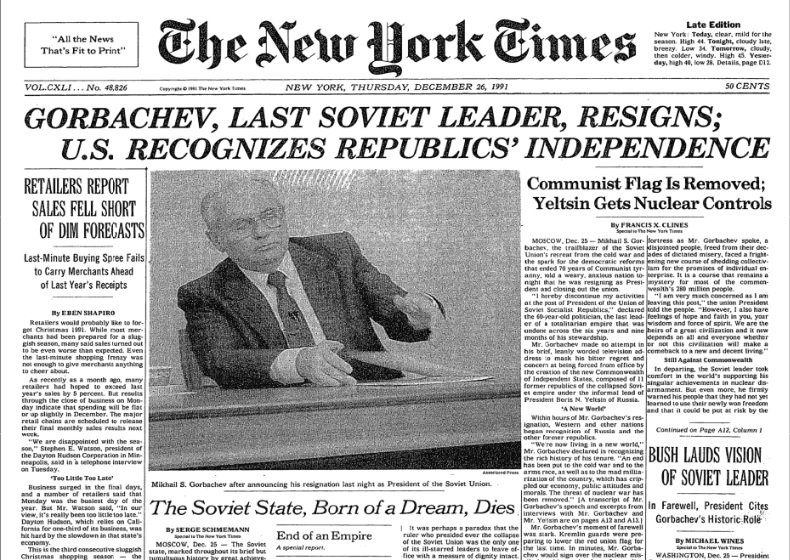
Dispatches from Red Square: reporting Russia’s revolutions then and now
Reading time: 9 minutes
“No news from Petrograd yesterday”, was the headline in the Daily Mail on March 14, 1917. The story – or non-story – which followed, was only a few dozen words: “Up to a late hour last night the Russian official report, which for many months has come to hand early, had not been received”, it ran. So why publish it? The non-appearance of the daily news bulletin from the Russian government had led the Mail’s writer, trying to prepare a report in London, to suspect something was going on.
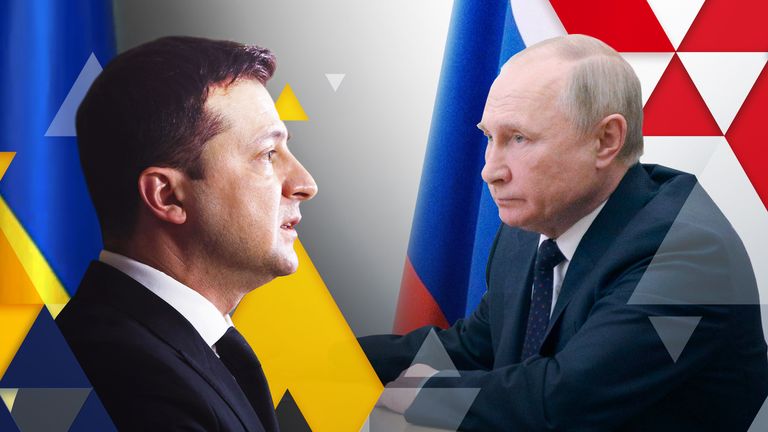
Putin’s brazen manipulation of language is a perfect example of Orwellian doublespeak
Reading time: 6 minutes
If you’ve been paying attention to how Russian President Vladimir Putin talks about the war in Ukraine, you may have noticed a pattern. Putin often uses words to mean exactly the opposite of what they normally do.
He labels acts of war “peacekeeping duties.”
He claims to be engaging in “denazification” of Ukraine while seeking to overthrow or even kill Ukraine’s Jewish president, who is the grandson of a Holocaust survivor.
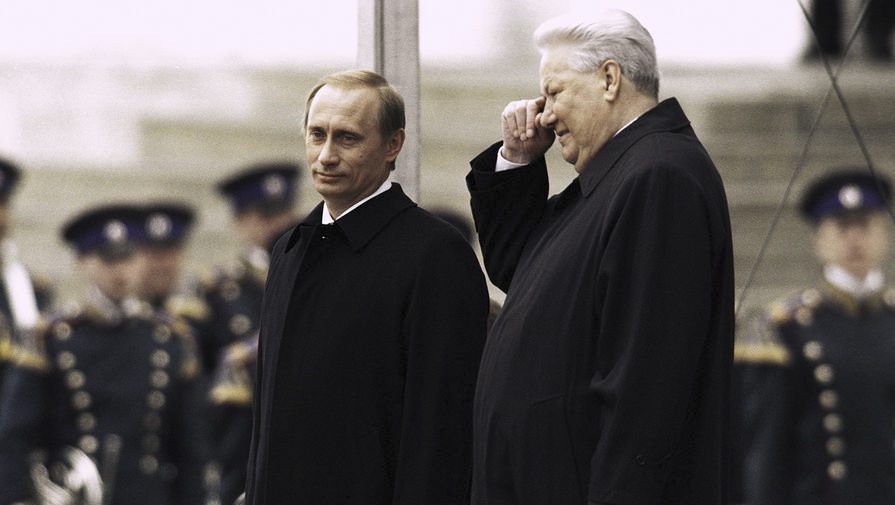
The wild decade: how the 1990s laid the foundations for Vladimir Putin’s Russia
Reading time: 6 minutes
By securing victory in a national vote on constitutional changes, Vladimir Putin could now remain president of Russia until 2036 if he chooses to stand again. After 20 years in power, the narrative of Russia’s chaotic 1990s remains core to Putin’s legitimacy as the leader who restored stability.
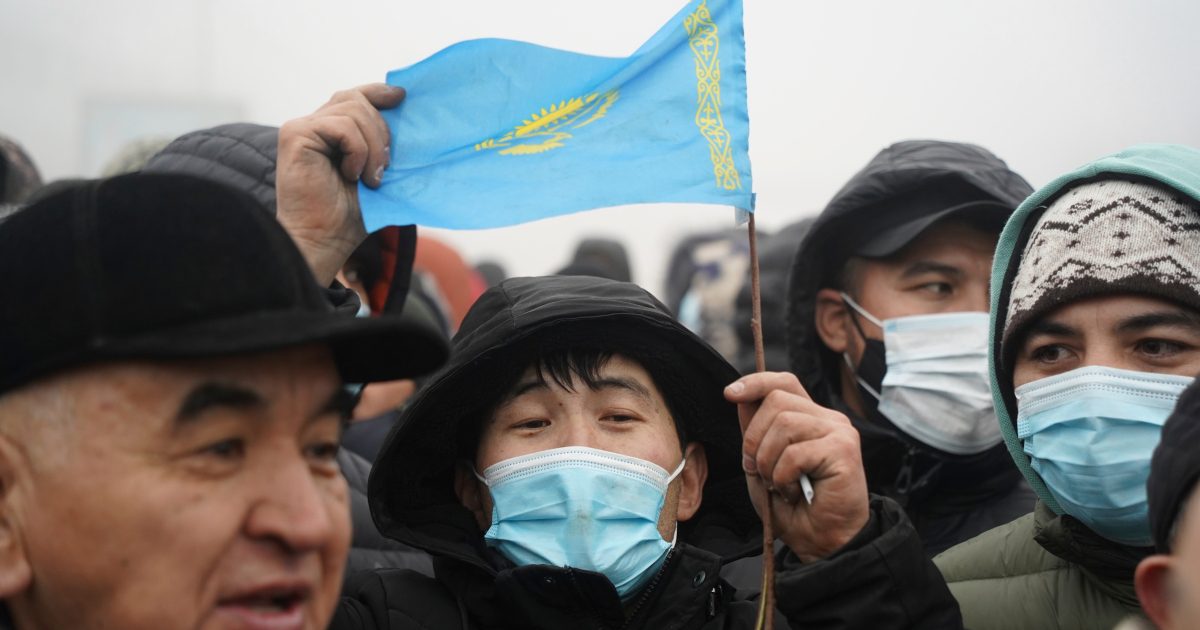
Kazakhstan: A Story of Endurance
Reading time: 7 minutes
As protests erupt across the former Soviet republic, the world watches transfixed. How did Kazakhstan come to be the country it is today?
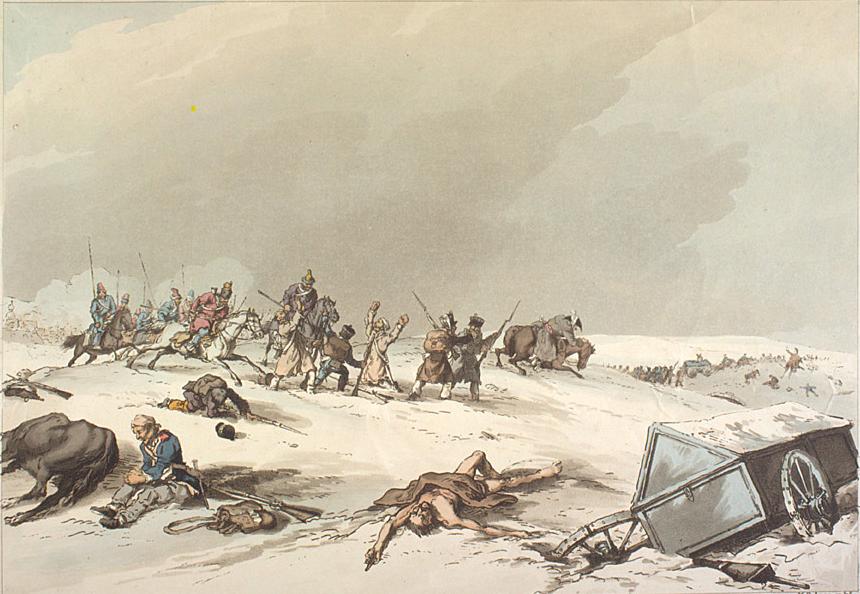
The Beginning of the End: Napoleon’s Retreat from Russia
Reading time: 6 minutes
On 24 June 1812, Emperor Napoleon Bonaparte led the French Grand Army across the Neman River, invading Russia. By this point, the French Emperor had won many military victories, giving him control over most of Europe. However, his invasion of Russia would prove to be a devastating point in the Napoleonic wars and a major blow to his political and military power across Europe.
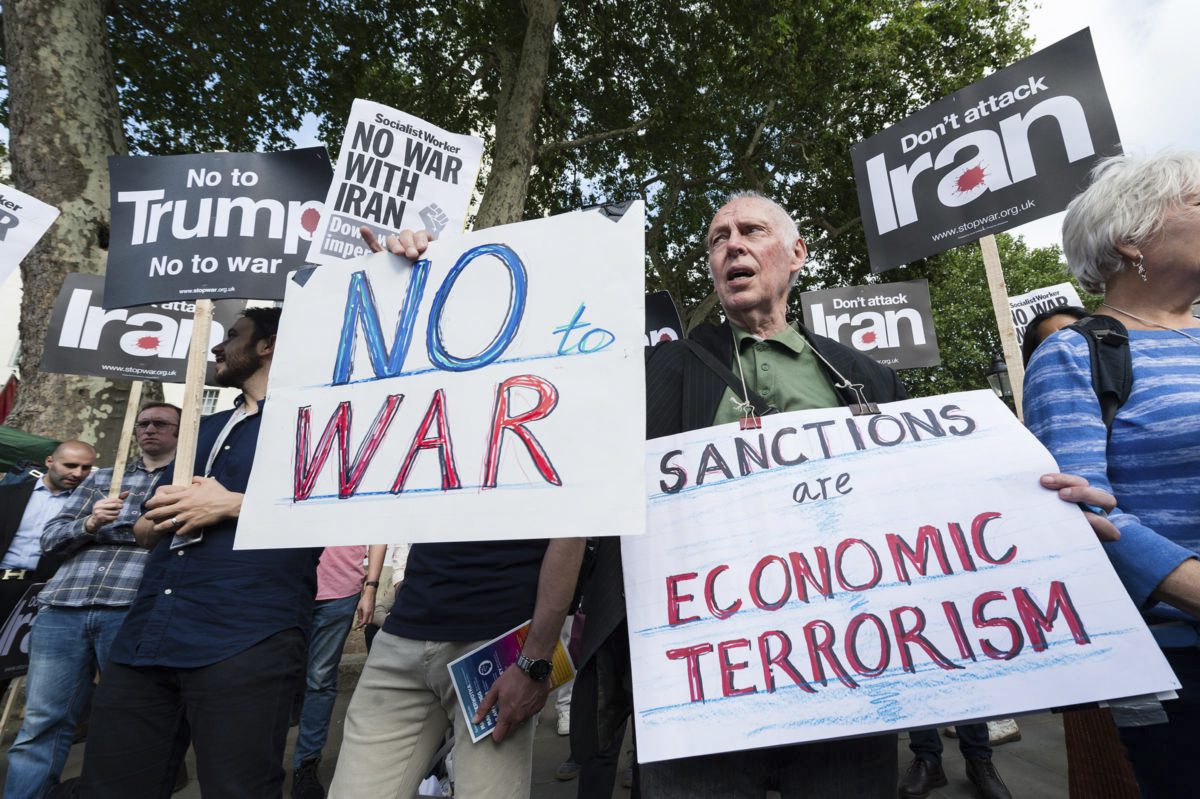
Under what conditions are international sanctions effective?
Reading time: 7 minutes
According to US government data, 32 sanctions regimes are currently in effect. Canada, for its part, currently imposes sanctions on 20 different states and on terrorist groups such as Al Qaeda. The EU is currently implementing sanctions against some 30 countries and international actors. As for the United Nations, since 1966, the Security Council has put in place 30 sanctions regimes, from apartheid South Africa to Gaddafi’s (and according to him) Libya, Saddam Hussein’s Iraq and the Islamic Republic of Iran.
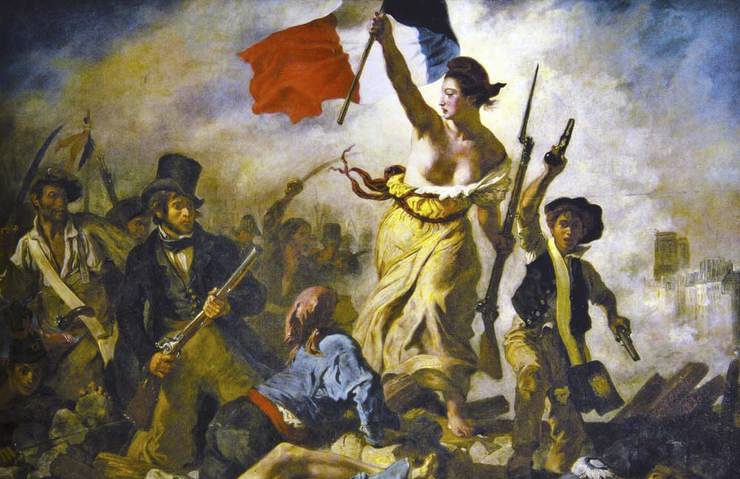
The Political History of France, 1789-1910 – Audiobook
THE POLITICAL HISTORY OF FRANCE, 1789-1910 – AUDIOBOOK By Muriel O. Davis This little book opens on the eve of the French Revolution. The government is crippled by financial mismanagement, ruled by a King who, in the author’s words, is “devoid of both ability and energy,” and resented by a tax-oppressed peasantry and a rising […]
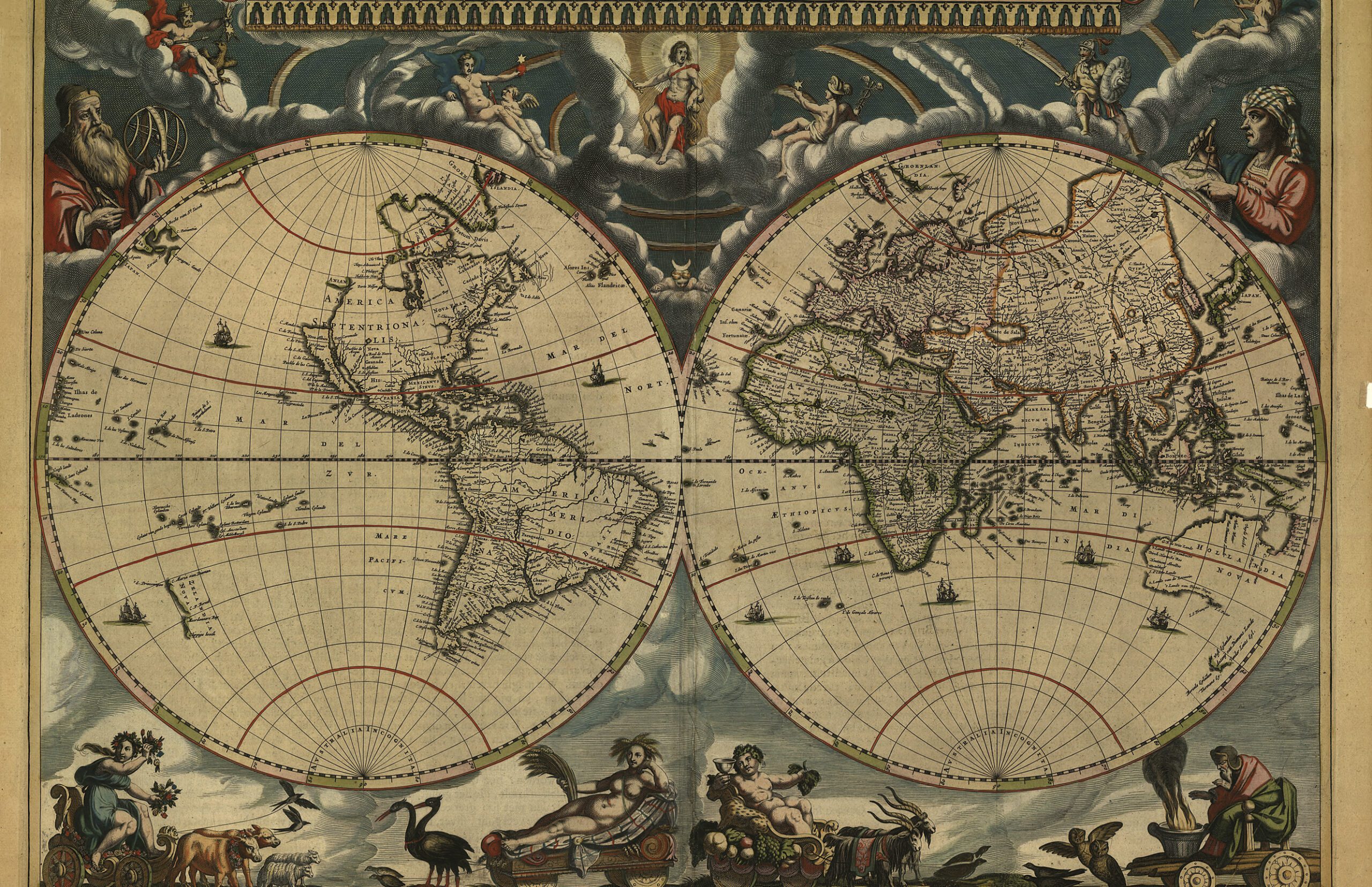
A Short History of the World – Audiobook
A SHORT HISTORY OF THE WORLD – AUDIOBOOK By H. G. Wells (1866 – 1946) A Short History of the World is a non-fictional historic work by English author H. G. Wells, largely inspired by Wells’s earlier 1919 work The Outline of History. The book summarises the scientific knowledge of the time regarding the history of […]

